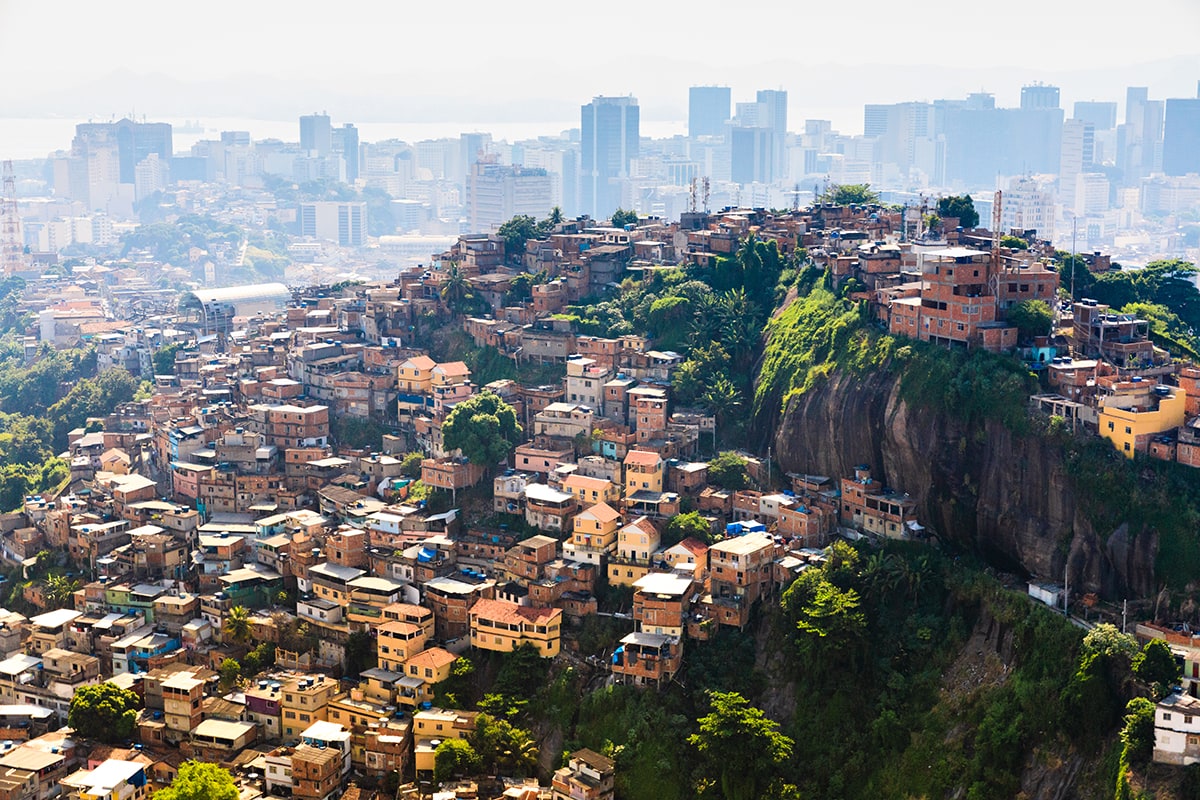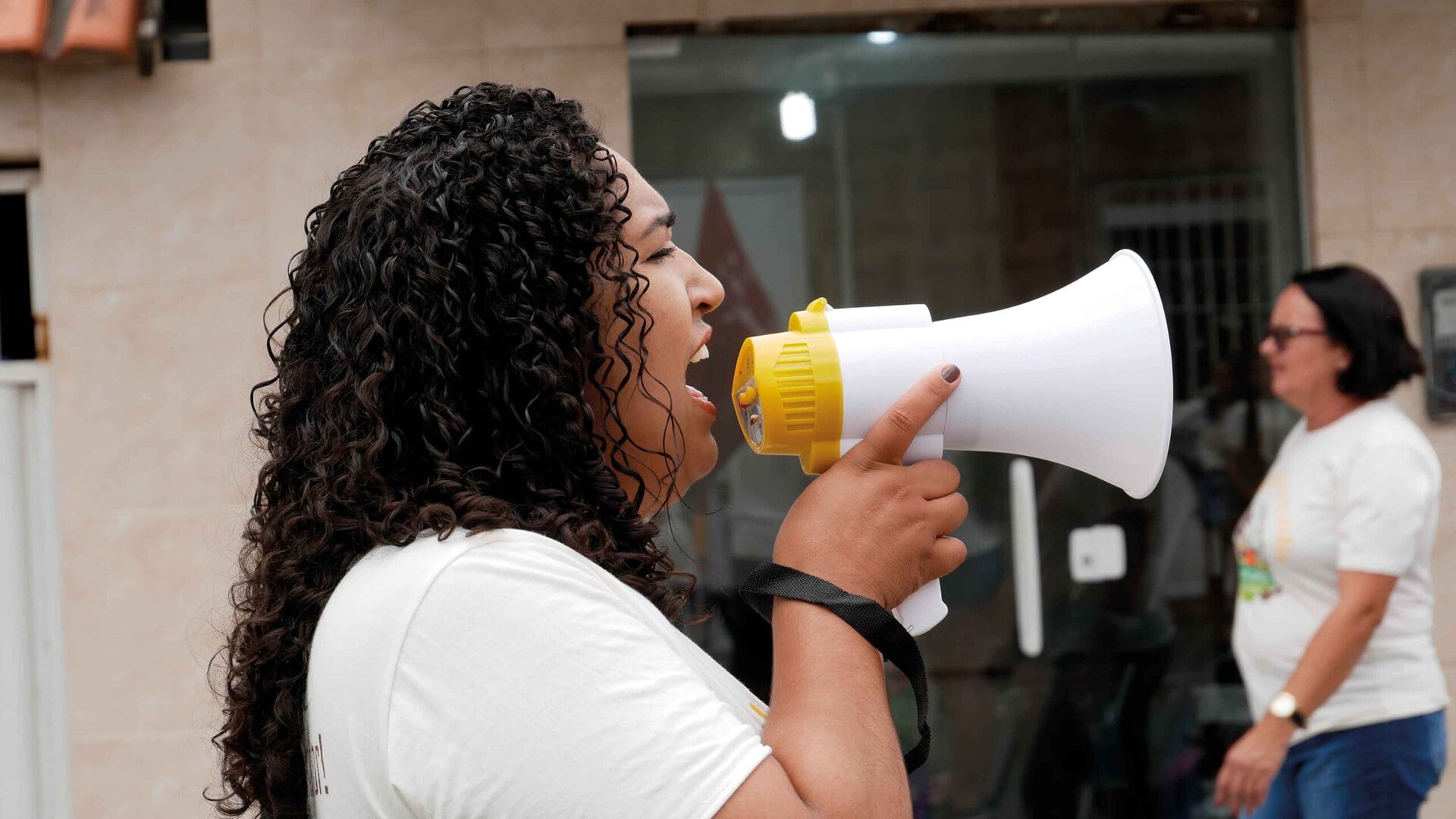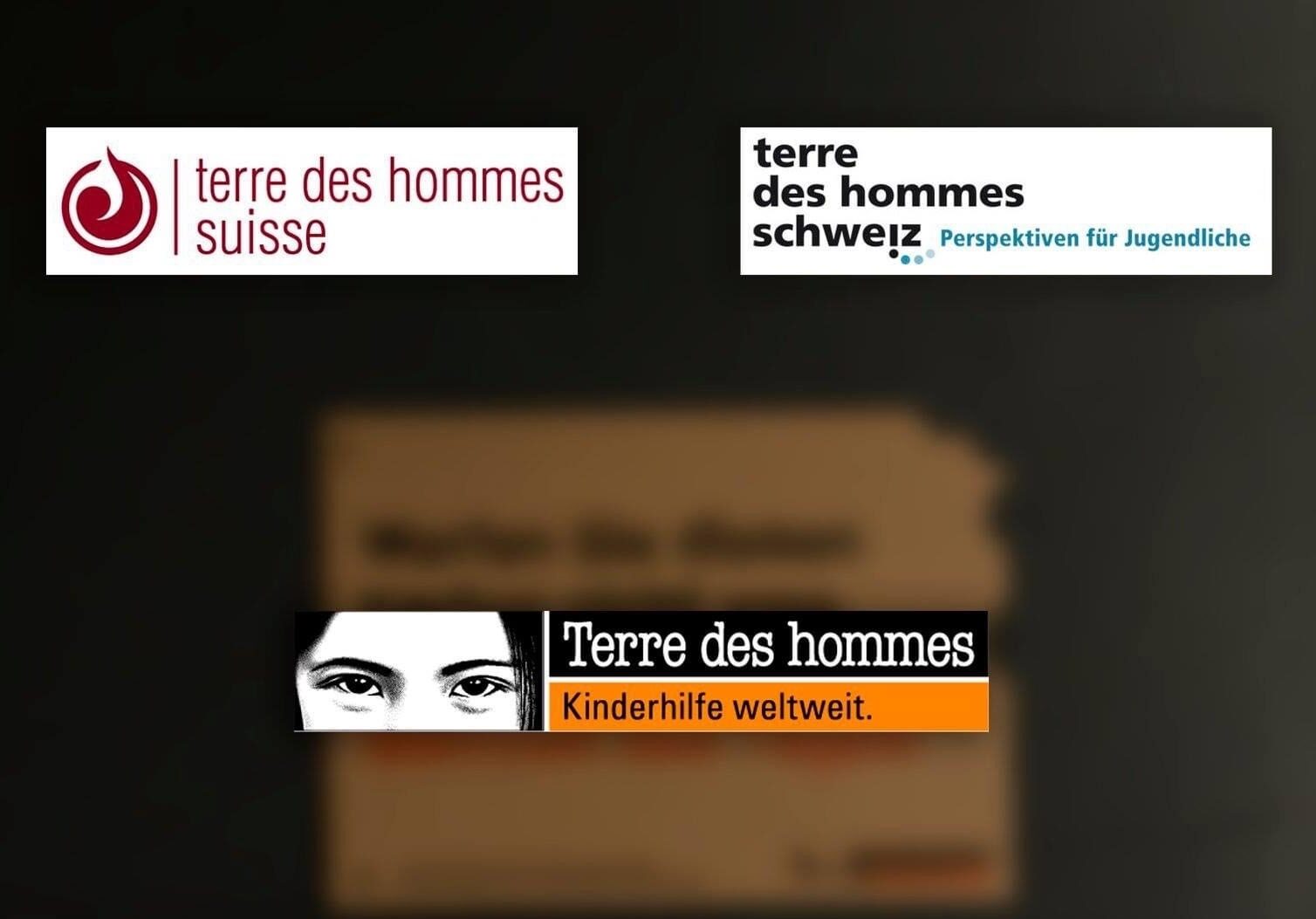The coronavirus has long since arrived in our project countries South Africa, Zimbabwe and Brazil. Even in the minds of those in power, who ignored the danger for a long time. Decisive and drastic measures are now needed to prevent the worst from happening. After all, the healthcare systems will not be in a position to do so once the virus really breaks out. The poorest sections of the population are barely able to protect themselves against the danger. Our partner organizations are now looking for ways to support young people.
While thousands of people have already died from Covid-19 overseas and the first deaths have also been reported in his own country, Brazilian President Jair Bolsonaro is still talking about a “small flu”. It was all just hysteria and a media maneuver to get rid of him. Despite direct contact with demonstrably infected people, he bathed in the crowds of his fans, had selfies taken and gave out hugs. Now he is also appearing in front of the media wearing a protective mask.
It was the Brazilian governors and mayors who took the first measures: A curfew was imposed on the 40 million inhabitants of the province of São Paulo and freedom of movement was restricted in Rio de Janeiro. The last border with Uruguay was only closed on Monday. However, the disease has long since crossed the national border: over 2,200 cases of Covid-19 have now been registered and 47 people have died from it.
Health only for the rich
On the other side of the Atlantic, South Africa has taken drastic measures. Not only is there a ban on people entering the country from countries in crisis, but a three-week nationwide curfew will be in place from March 26. There are now 709 registered cases of Covid-19, but the number of unreported cases is likely to be significantly higher.
The healthcare systems in Brazil and South Africa are not equipped to deal with a coronavirus outbreak. Although the necessary equipment and infrastructure are available, report the coordinators of terre des hommes schweiz for the two countries, they are far too few in number. “Only the richer sections of society are likely to be supplied, the poorer ones have no chance,” says Annette Mokler, program coordinator for Brazil. The Bolsonaro government froze all investment in the public healthcare system after taking office. “It is being destroyed. The government is relying on private clinics instead.” These services are unaffordable for poorer sections of the population.
The situation is even worse in Zimbabwe. Public hospitals there lack the most basic infrastructure. “Even under normal circumstances, there is not enough medical equipment and nursing staff,” reports Tayson Mudarikiri, coordinator for Zimbabwe and South Africa. “The country is not even remotely prepared for a pandemic.”
Hygiene recommendation not feasible
In most African and Latin American countries, the situation of the poorest population groups is a major concern. In Brazil, the virus has already arrived in the densely populated favelas of Sao Paulo and Rio de Janeiro. There, people live six or more to a small hut, without running water. Home office, social distancing or even simply frequent hand washing are not feasible in the poorer sections of the population. Even the 40 tanker trucks that Rio de Janeiro’s water supply sends to the favelas don’t help much: 1.5 million people live in these areas.
What the favelas are in Brazil, the townships are in South Africa and Zimbabwe. “But even in the middle-class residential areas of Zimbabwe, the water supply sometimes fails for months at a time,” says Tayson Mudarikiri. “In the poorer neighborhoods, no water has been coming out of the tap for years.” Disinfectant is not affordable for most people, as “many struggle to afford even food or public transportation,” says Tayson Mudarikiri, describing the situation. As a result, the poorest people are barely able to protect themselves against the virus.
Creative solutions needed
The overall picture of the situation in our project countries is still emerging. “We are in constant contact with our coordination offices and local partner organizations,” says Gabriela Wichser, Head of Programmes and member of the Executive Board. Employees and partners also have to gather their own information. “Unfortunately, we can’t just rely on official information from the governments of those countries.”
The partner organizations in South Africa, Zimbabwe and Brazil still need to find their bearings in the new situation. There are many unanswered questions, such as whether and in what form the activities with young people can be continued. The fact that most of the offices have been closed and switched to working from home does not make this task any easier at the moment. “Our partners in South Africa and Zimbabwe are now looking for ways in which they can contribute to Covid-19 prevention,” says Tayson Mudarikiri.
In north-eastern Brazil, partner organizations are looking for creative solutions for the young farmers in their projects. The virus has not yet arrived there. However, if the weekly markets are closed, their main source of income will be lost. The young people have no savings or social networks to bridge the shortfall. “Our partner organizations are now considering with the farmers whether there is an alternative to the markets,” says Annette Mokler, “For example with door-to-door deliveries.” The solution has not yet been found.
The number of cases is rising day by day, the crisis is spreading and new protective measures are coming into force every day. terre des hommes schweiz and its partner organizations are doing everything they can to support young people and their communities. However, the poorest people in particular are at great risk: they can hardly protect themselves against the coronavirus, cannot afford healthcare and the people in the slums are usually not a priority for governments.
terre des hommes schweiz has set up a fund to provide rapid aid in the project countries. Help us to bring soap, water and information to the poorest regions so that people there can protect themselves. Thank you for your donation!



